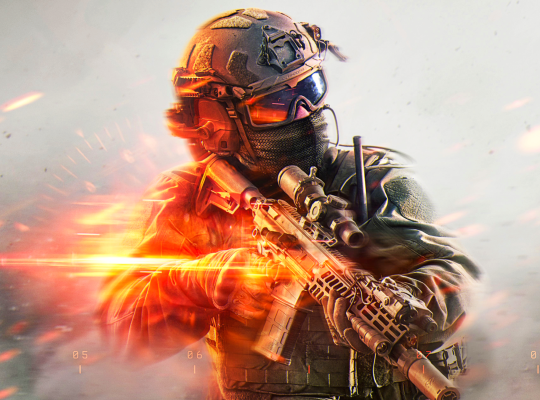Each year, a new Call of Duty hits the shelves—followed almost immediately by a triumphant announcement boasting record-breaking sales or unprecedented player engagement. But this time is different. A full week has passed since the release of Black Ops 7, and Activision has yet to declare the usual victory lap.
Given the game’s stiff competition from Battlefield 6 and a Metacritic score of 69, the silence is raising eyebrows. Has the annual blockbuster finally reached its saturation point? Or is Activision simply holding back its usual celebrations for later?
A Noticeably Quiet Launch
In previous years, the publisher didn’t hesitate to highlight each new milestone. Past Call of Duty entries were pushed with bold statements within days of release—record digital sales, biggest opening weekends, and unmatched engagement across the trilogy.
This year’s November 17 post for Black Ops 7 breaks the trend. Instead of concrete performance metrics or comparisons to previous titles, it mentions only a “great response” during opening weekend. That’s a significant departure from the franchise’s typical self-congratulatory tone.
The lack of detail suggests Activision may not be as confident in this year’s numbers as it has been in the past.
Sales Reports Paint a Difficult Picture
Early regional sales data indicates a challenging launch. Black Ops 7 reportedly underperformed when measured against both Battlefield 6 and last year’s Black Ops 6, dropping substantially in opening weekend numbers.
With Battlefield 6 dominating October’s charts and achieving the strongest single-month performance in several years, Call of Duty finds itself in unfamiliar territory—competing from behind rather than leading the pack.
Experimentation Comes With Risks
Black Ops 7 attempts to break from last year’s formula, despite being developed alongside Black Ops 6. The game positions itself as a continuation of the Black Ops 2 storyline and features a cast of well-known actors. Yet the campaign’s dramatic and unconventional narrative direction has left many players confused rather than impressed.
When a long-running series tries to innovate, it can either reinvigorate the fanbase or alienate it. The early player reaction appears mixed.
Franchise Fatigue and External Pressures
The Call of Duty annual release cycle has long been criticized for contributing to fan burnout. This year’s softer launch may be an early sign that the momentum behind yearly installments is fading. The controversy surrounding the use of generative AI in certain assets also cast a shadow over the release, further complicating player sentiment.
Meanwhile, competition has intensified. Battlefield 6—riding strong critical and commercial momentum—has pulled significant attention away from Call of Duty during a month that historically belonged to Activision.
Is It Time for a Break in the Annual Cycle?
If Black Ops 7 isn’t performing at its usual level, it may serve as a wake-up call. A pause in the yearly release cycle could allow development teams like Infinity Ward, Treyarch, Sledgehammer, and Raven to regroup and craft something truly groundbreaking.
Fans have long requested:
- A more polished and stable launcher
- A more spaced-out release schedule
- Bigger innovations instead of iterative improvements
A slower development cycle could deliver all of that—and potentially restore the excitement that defined the franchise’s strongest years.
What Comes Next?
The quieter launch of Black Ops 7 doesn’t spell doom for the series, but it does indicate a shift. Whether Activision adapts by rethinking its approach or simply releases another reboot next year remains to be seen.
For now, the absence of the usual record-breaking declarations speaks volumes. The franchise may finally be reaching a point where reinvention is no longer optional but necessary.











